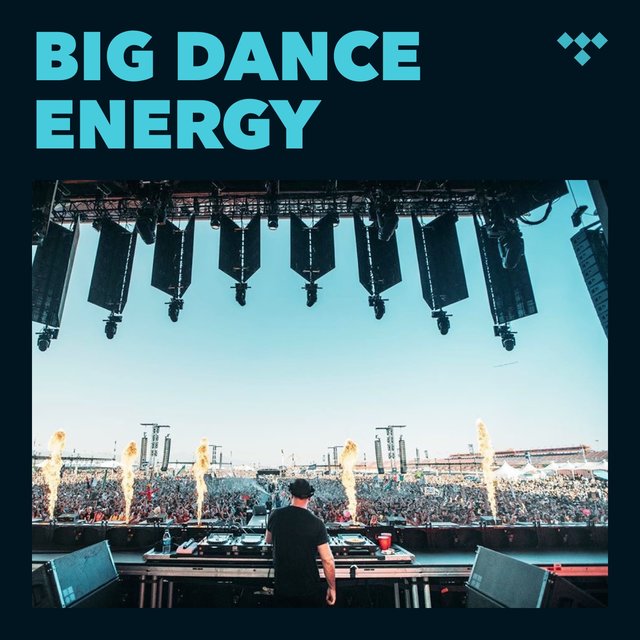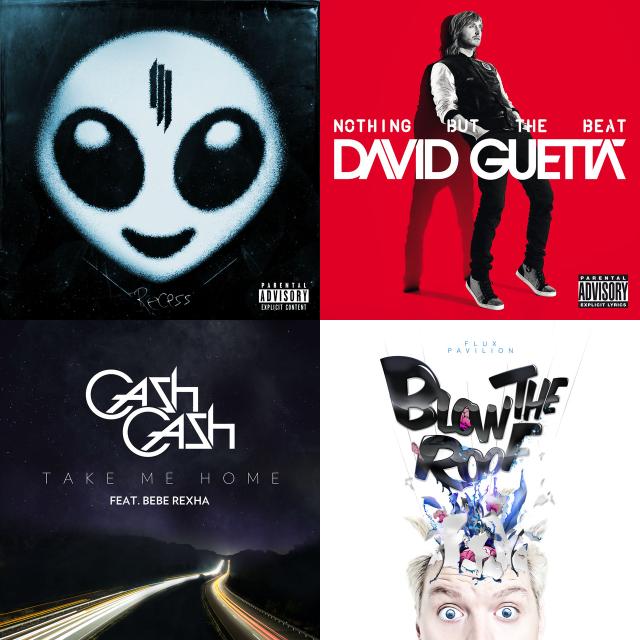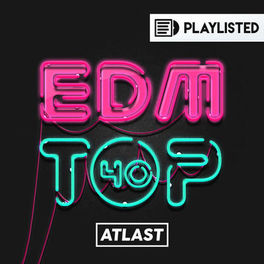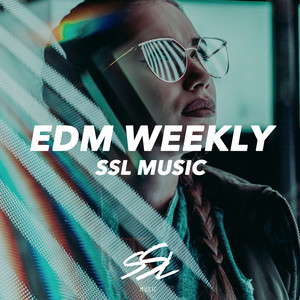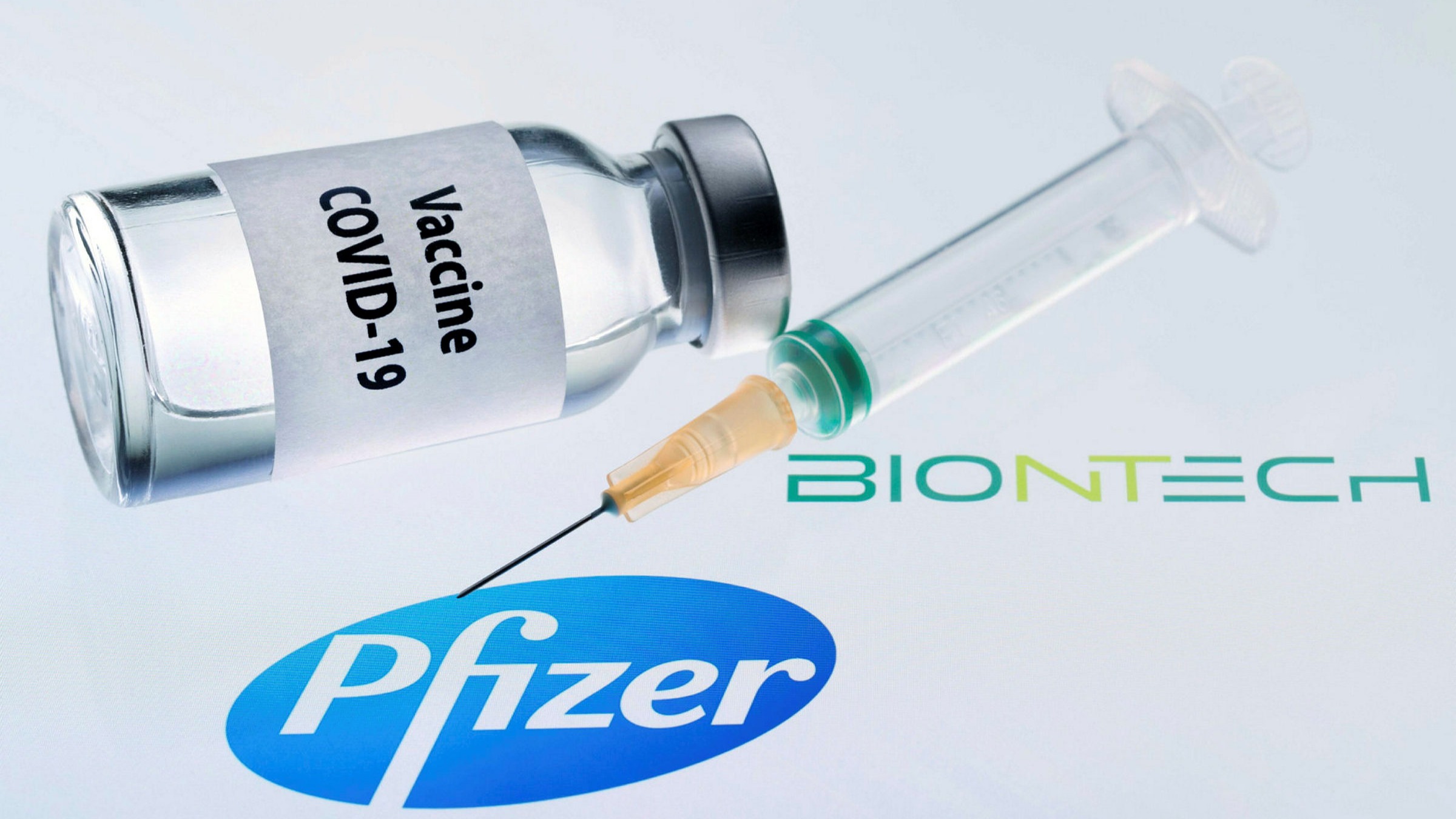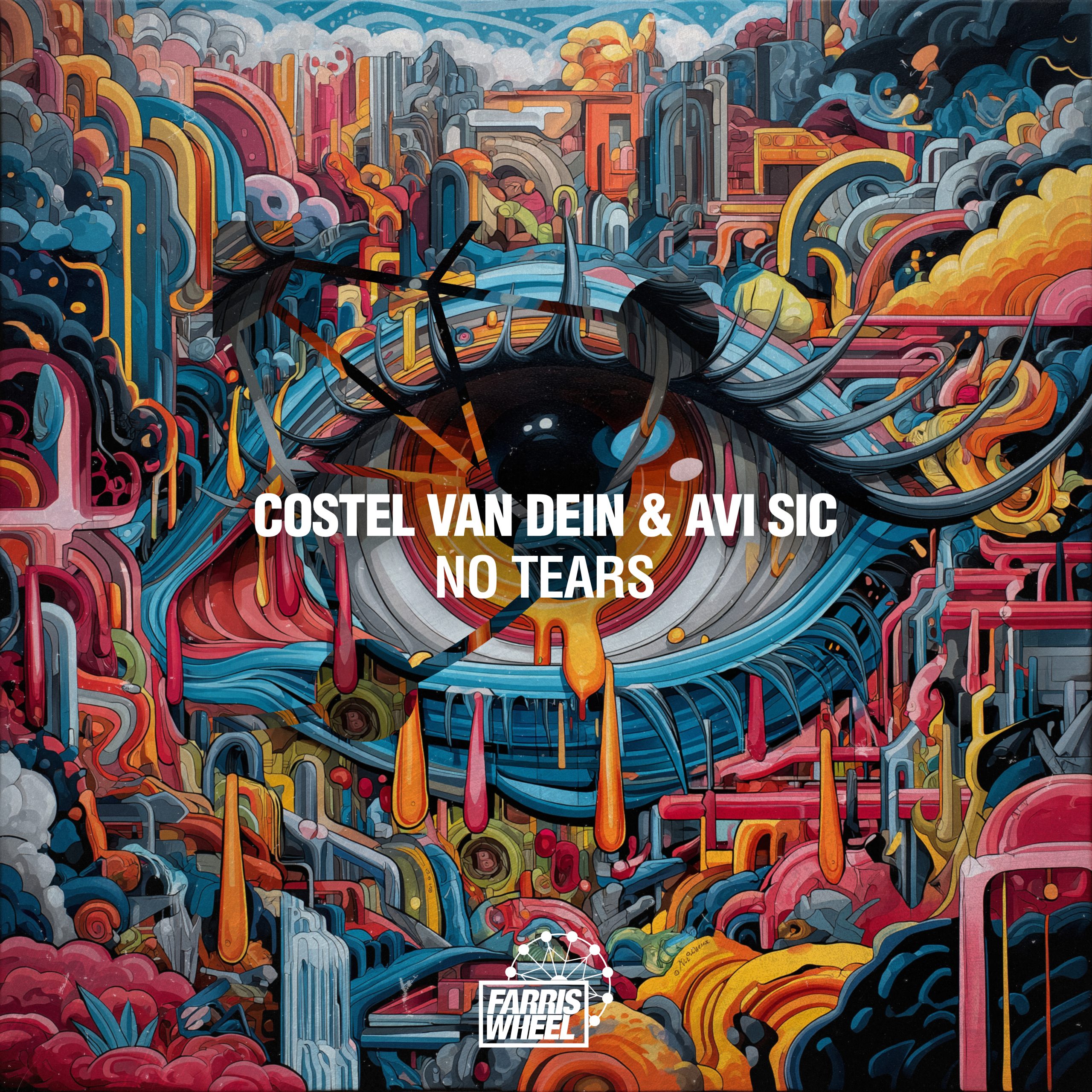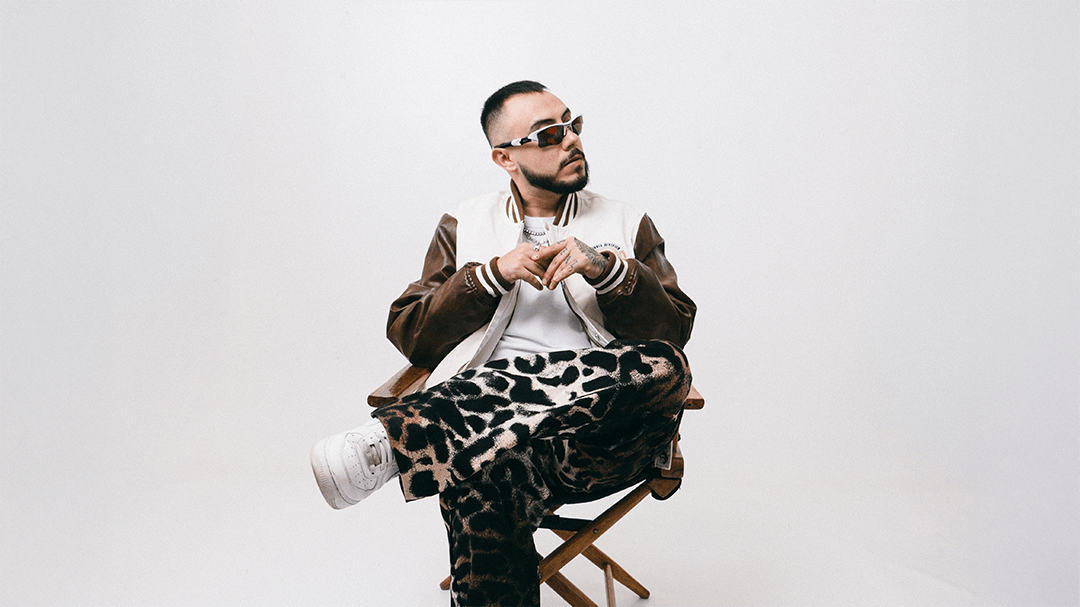With vaccination, the only realistic way out of the Covid19 pandemic and a return to normality, the news seems to be improving by the day. First to announce approval was the Pfizer/BioNTech vaccine, which is already being rolled out in various countries including the UK, Canada, Switzerland, Israel, most of the EU bloc, and the United States. Now, the US government has secured a deal with Pfizer for 100 million vaccines, on top of the 100 million already secured, with 70 million of these to be rolled out by June, with an additional 30 million in July, with Pfizer announcing the vaccine will be available to “anyone who wants one” by this time.
The news is therefore promising for a return to normality, as in combination with the US-based Moderna vaccine, and the British developed Oxford/AstraZeneca vaccine, the US will have enough doses to vaccine the entire population, therefore ending the epidemic stage of the outbreak and allowing a return to normality. This is vital for the badly-hit live events industry, because despite various proposed and trailed measures such as distanced shows at lower capacity, or mass on-site testing, no viable solution for a return to full-scale events has come to fruition aside from vaccination.
It’s news that certainly seems to have buoyed those at the top of the industry, with Live Nation CEO Michael Rapino proudly announcing he expects a full return to “shows at scale” this coming summer, with the company’s stock price taking a boost in the process. News of mass vaccine roll-outs world wide have made it clear that after the no-show that was 2020, the live music industry now looks like it is being saved from the brink of disaster.
Despite this however, concerns remain. The barriers to a successful vaccine roll-out are numerous, yet most seem to have been overcome – development of vaccines, safety and efficacy approval, purchase, supply chain issues, delivery – all seem fully in hand, and minor hiccups aside, there’s no reason a roll-out cannot be completed by summer. Yet the biggest obstacle that remains is “vaccine hesitancy” – often referred to under the larger umbrella of “anti-vaxx” – whereby people remain unconvinced as to whether they should have one, despite overwhelming data that the vaccine is safe and effective, and no evidence the opposite being true.
In recent polls, it is suggested up to 29% of Americans would not feel safe having a vaccine as of late Nov/early Dec. While there is some cause for concern, this is an improved figure on an earlier poll which suggested 37% would refuse, and as the vaccine becomes common-place confidence among the general population will surely grow. America also faces another potential obstacle – in places like Spain, it has been announced that whilst the vaccine is not mandatory, a record of those who refuse will be kept, with many other European countries looking to follow suit. This should have a dramatic effect in uptake, with foreign travel being highly popular in Europe, such systems will mean refusal means no trip to another country – a highly effective way to make people change their minds. But with 60% of Americans not owning a passport, this tactic is less likely to work there, and instead we’ll need to rely on the common-sense and empathy for others in order to get the nation over the line.
Image credit – Pfizer/BioNTech


